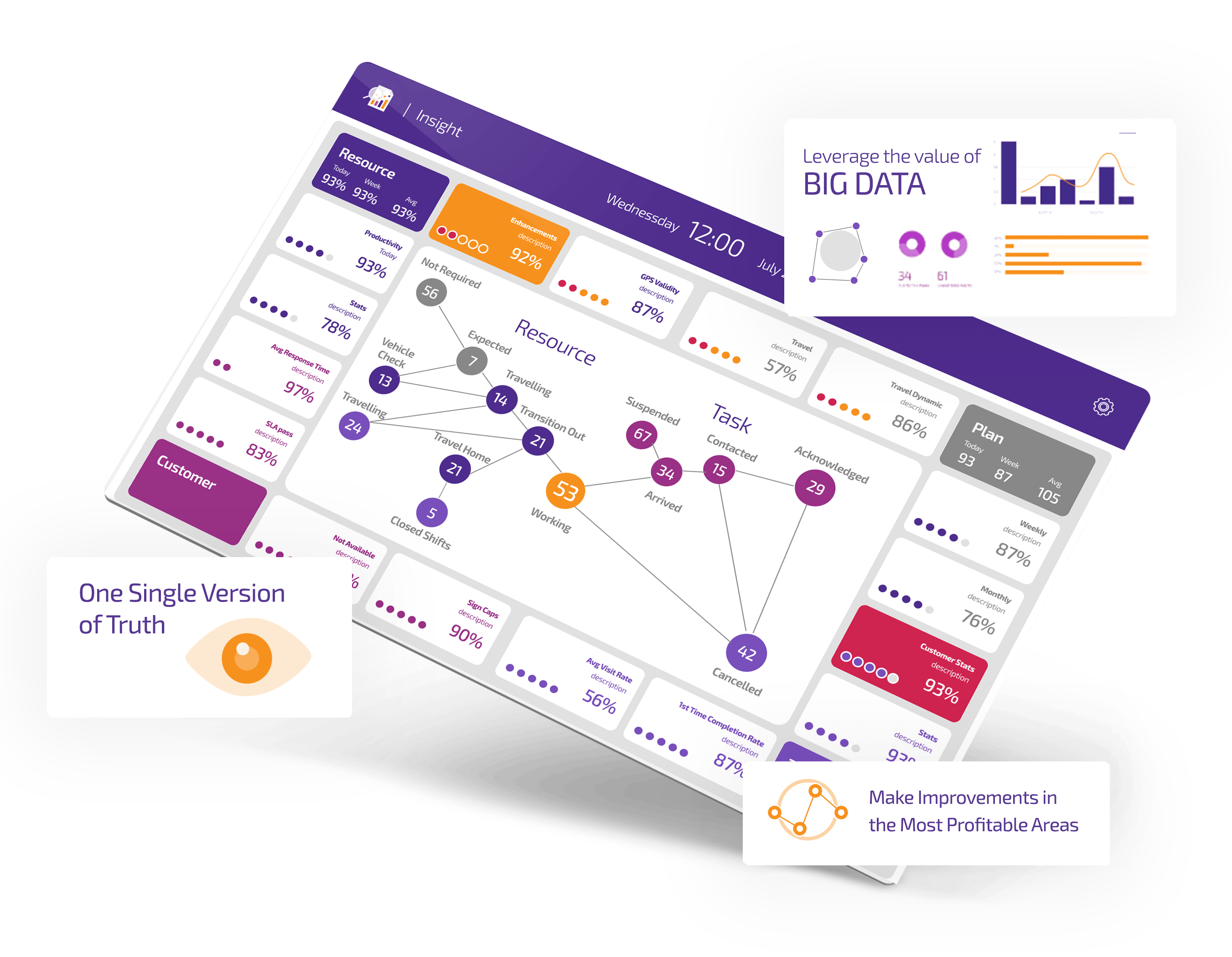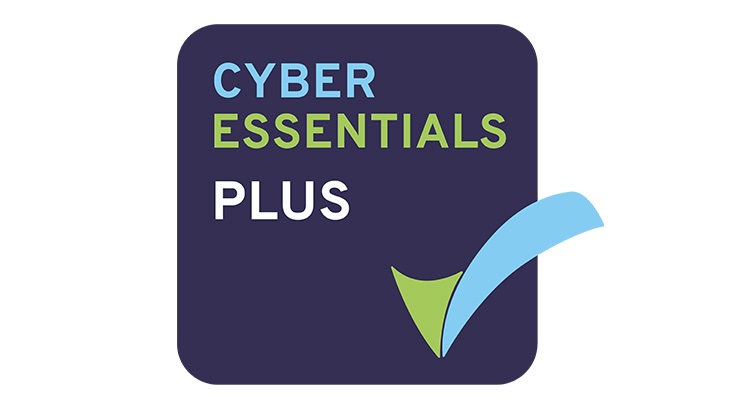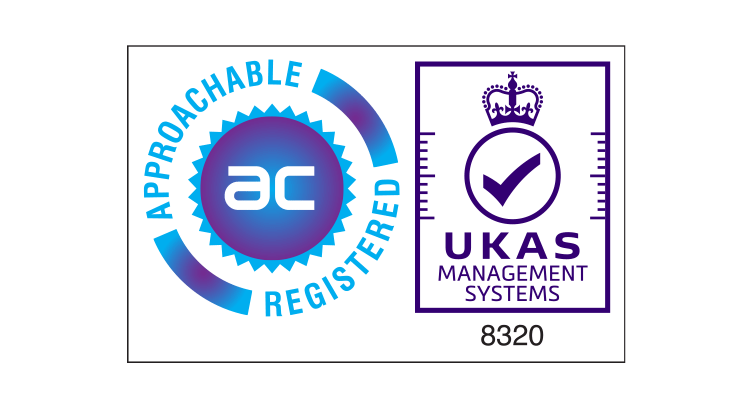Preventing ‘Quiet Quitting’ in Field Service
Field Service Management
So what about your team? Are you experiencing difficulty connecting with certain employees? Or do you find fewer and fewer essential skills available in your pool of mobile workers? The reality is that you may never be able to satisfy everyone. The good news? There are already steps every field service manager can follow to build happier, more engaged, and more productive mobile teams. Organisational & technological solutions exist, and in this blog, we will dive deeply into these issues and your next steps towards addressing key challenges affecting employee acquisition & retention.

What is “quiet quitting”?
Employees are burnt out. Centralising resources and data capture alleviates task stress.









